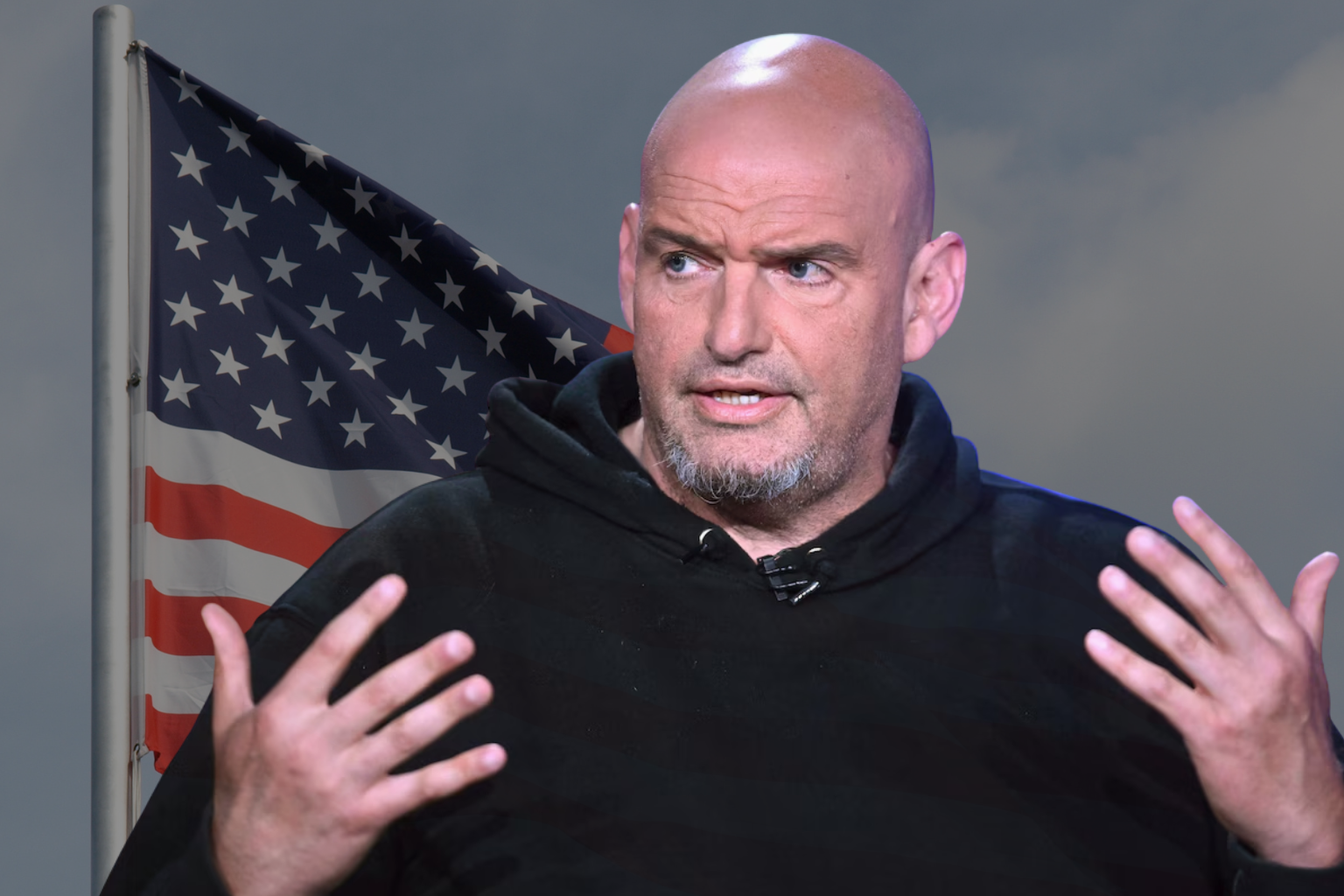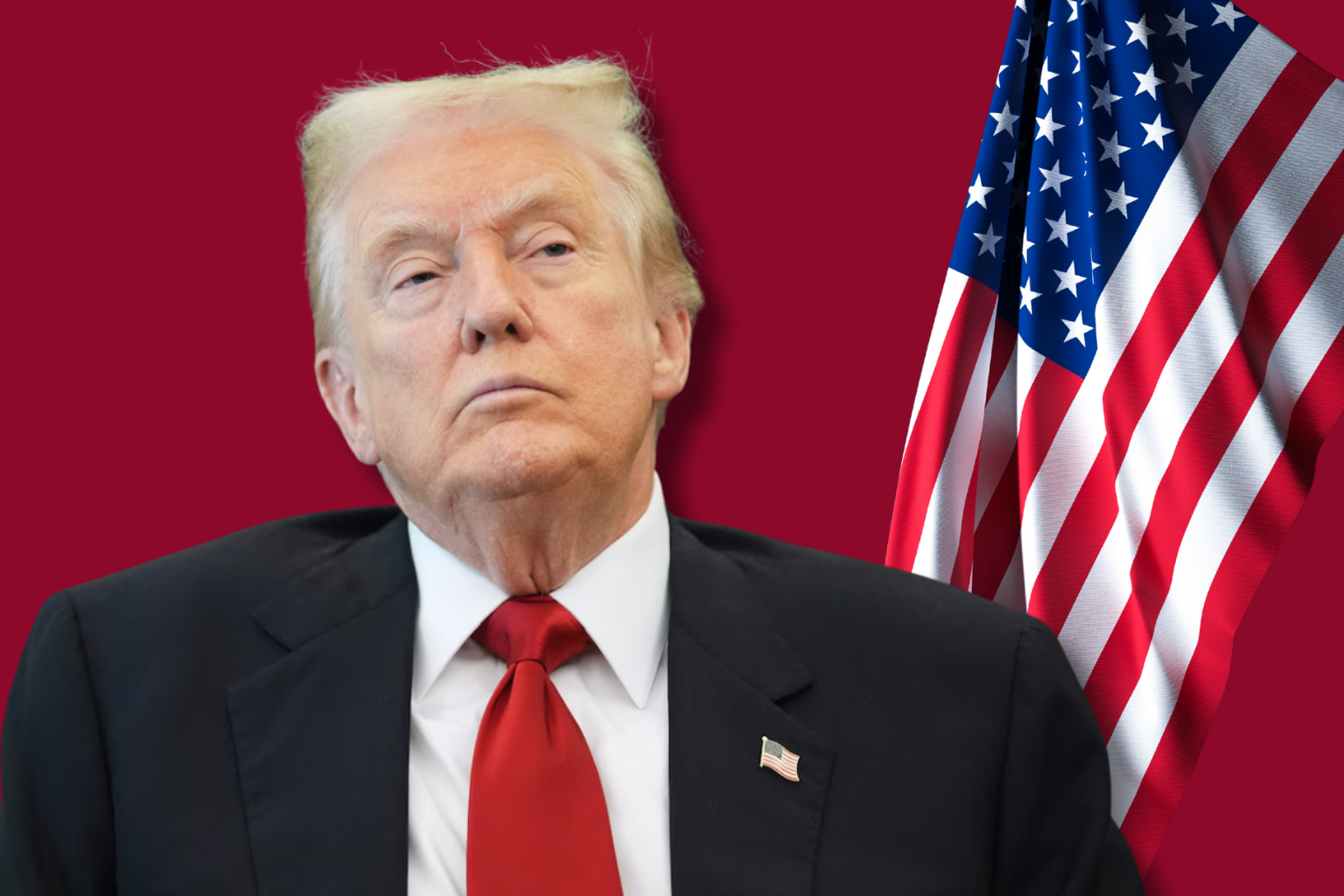Trump’s Demand for $230 Million Draws Sharp Criticism Over Priorities

The recent allegation that Donald Trump is asking $230 million from the DOJ for investigations into his conduct has sparked debate on taxpayer responsibility, government ethics, and financial priorities. The figure, reportedly demanded by Trump, has alarmed politicians who feel public funding should serve civic needs rather than individual claims.
In an interview this week, Pennsylvania Democratic senator John Fetterman called the request “small ball,” saying the headline-grabbing figure distracts from more urgent issues. Fetterman said public-health or insurance initiatives should receive the money instead of inappropriate personal reimbursements. He stressed that he would not endorse that payment to the former president.
The alleged request’s response is significant for crossing party boundaries. Republican leadership says they’re still gathering details, but some in the president’s party are concerned. One senator expressed concern about a quarter-billion-dollar compensation during a shutdown. Trump says any settlement “will have to go across my desk.” He considered giving any compensation or using money for a White House ballroom project.
The scenario threatens the integrity of the department investigating the president, say experts. Legal academics warn such a claim may undermine public trust in federal law enforcement and set a precedent for political pay-offs using taxpayer funds if the DOJ approves it.
The context matters: Trump has claimed unfair targeting while under federal investigation for a variety of conduct. Compensation related to his investigations would muddle accountability and reward. Fetterman and others believe it sends a worrisome message that government resources can be used to settle conflicts in which the public has little stake.
The debate centers on government priority. With congressional deadlock, probable shutdowns, and growing health insurance and social service costs, critics say a six- or seven-figure payout to one person, especially a former president, sends the wrong message to working families. They say public funding should fund schools, healthcare, and infrastructure, not settle disputes.
According to supporters, Trump believes he is owed reimbursement for politically biased probes and may negotiate, donate, or somehow balance the amount. For many on Capitol Hill, the optics of the federal government transferring a large payment from taxpayers to a former president amid fiscal and policy issues raises questions about fairness and economic propriety.
How the DOJ processes the claim, if an internal probe finds conflicts of interest (one of Trump’s former attorneys now has a key position in the agency), and how Congress responds will shape the story. The disagreement adds to political disputes over presidential power, accountability, and government spending for the upcoming election cycle.
Thus, the $230 million compensation to the former president has become more than a sum. It represents a debate over how taxpayer money should be spent, how the court system should police powerful figures, and whether public funds should be spent on an individual’s claim or the public’s welfare. Many senators believe the focus should turn from one person’s possible windfall to millions of Americans who depend on the government for basic services.
Sources
The New York Times report on the $230 million figure
Interview with U.S. Senator John Fetterman on CNN
Legal-ethics commentary regarding the DOJ’s role and potential precedent




